The seven best war films ever made
From sweeping and heroic to disturbing and claustrophobic, the war movie continues to ignite the imaginations of audiences worldwide
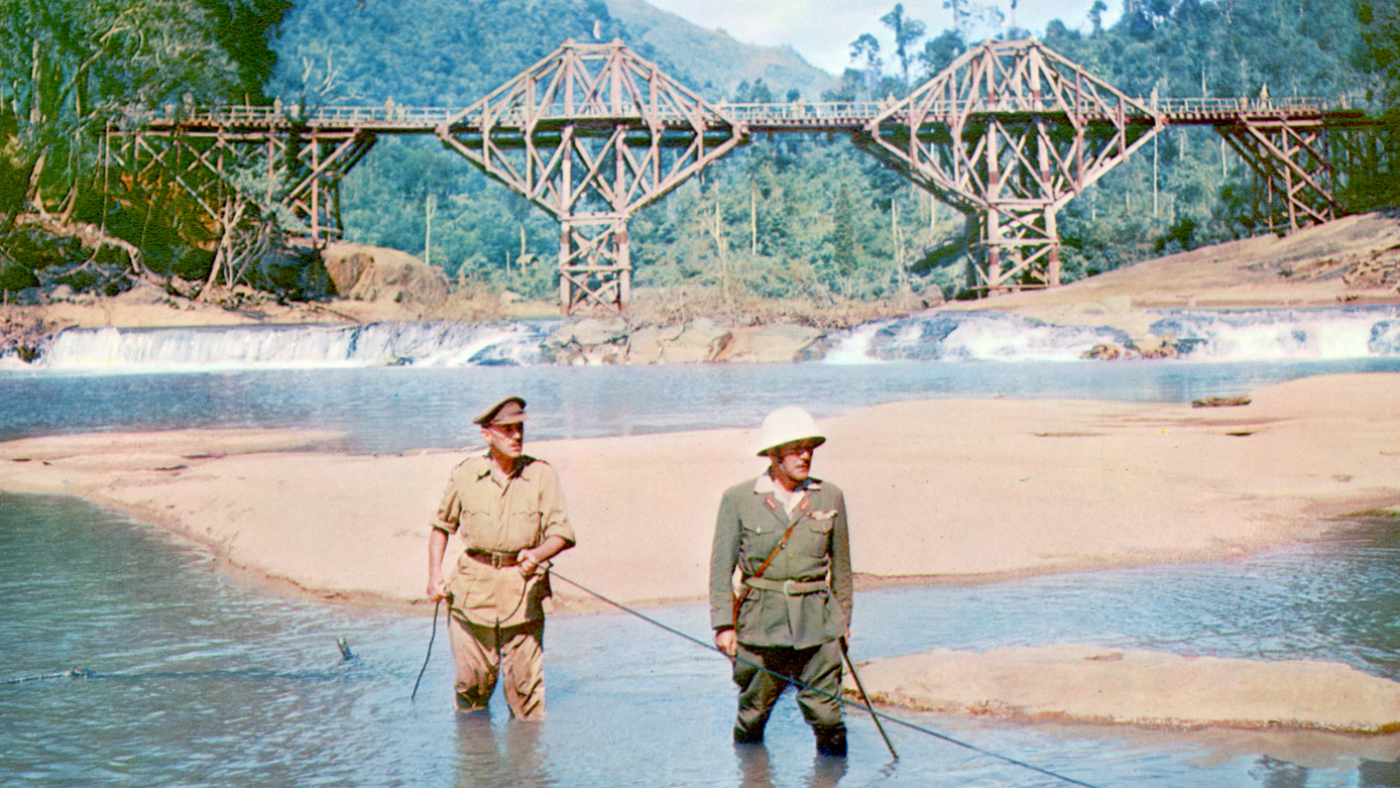
A free daily email with the biggest news stories of the day – and the best features from TheWeek.com
You are now subscribed
Your newsletter sign-up was successful
War movies and depictions of conflict have long been a favourite of audiences.
Although sometimes difficult to stomach, confronting the ugliest side of human nature is to some cathartic, while to others it is a stirring experience, ripe with heroism and sacrifice.
Here are seven of the greatest war films ever made:
The Week
Escape your echo chamber. Get the facts behind the news, plus analysis from multiple perspectives.

Sign up for The Week's Free Newsletters
From our morning news briefing to a weekly Good News Newsletter, get the best of The Week delivered directly to your inbox.
From our morning news briefing to a weekly Good News Newsletter, get the best of The Week delivered directly to your inbox.
Saving Private Ryan
For those willing to brave the movie’s brutal violence, Steven Spielberg’s 1998 epic Saving Private Ryan is a landmark in military film-making, both as a technical feat and an artistic depiction of the horrors of war.
The film is notorious for its gruesome opening scene - a 20-minute recreation of the D-Day landings in Normandy in 1944 - which led to a spike in calls to numerous PTSD hotlines for military veterans in the weeks following the film’s release, CBS reported at the time.
Nevertheless, the film was an enormous critical and commercial success, picking up five Academy Awards.
A free daily email with the biggest news stories of the day – and the best features from TheWeek.com
“Searing, heartbreaking, so intense it turns your body into a single tube of clenched muscle, this is simply the greatest war movie ever made, and one of the great American movies,” Stephen Hunter wrote in the Washington Post. “It redefines the way we look at war.”
All Quiet on the Western Front
Released in 1930, All Quiet on the Western Front marked a watershed moment in film-making, leaving behind the glossy heroics of previous war movies and instead spinning a “harrowing, gruesome, morbid tale of war, compelling in its realism, bigness and repulsiveness”, Variety wrote on its release.
Based on the 1929 novel of the same name by WWI veteran Erich Maria Remarque, the film tells the story of a group of young German men who eagerly enlist to fight in the Great War, before the cruelty of the conflict and the futility of its pain and death sink in.
“By the time you’re in the trenches, it becomes an equal battle to keep your life and your wits as you are plunged into a Hell of fire and flying dirt, starvation, solitude, and a seemingly endless tide of violence at the hands of a largely unseen enemy,” writes Nerdist. “All Quiet should be required viewing for any and all young men considering entering the military during wartime as the ultimate argument against it.”
Das Boot (The Boat)
Described by Empire as “the most awesome war movie ever made”, the four-hour German-language masterpiece Das Boot is an epic in the truest sense of the word.
Emotionally expansive yet deeply claustrophobic, this 1981 classic joins the fictional crew of Nazi submarine U-96 as it patrols the North Atlantic - a tedious and thankless task punctuated infrequently by little more than the possibility of battle.
As such, the film serves less as an all-guns-blazing action film and more as a meditation on the philosophical plight of men drafted to fight for the Nazi regime: ordinary people suffering from boredom, homesickness and the constant fear of sudden death as they struggle with the prospect of aligning their motives with those of their overlords.
“We've all seen war and submarine films before,” Empire says, “but we've never seen anything like Das Boot.”
Der Untergang (Downfall)
Far removed from the chaos, gore and heroism of the frontlines, German film Der Untergang (Downfall) tells the story of the final days of the Second World War from perhaps the most darkly intriguing - and unsettling - of perspectives: Adolf Hitler’s.
The film details the collapse of Nazi Germany from within the Fuhrer’s Berlin bunker as the Red Army closes in, and as defiance gradually gives way to despair and delusion, viewers are offered an uncomfortably intimate insight into the collapse of Hitler’s mental state, played with remarkable range by Austrian actor Bruno Ganz.
Downfall caused controversy on its release in 2004 over accusations it was attempting to “humanise” Hitler, Roger Ebert writes. However, the veteran film critic was one of many to defend the film, giving it four stars out of four. “Admiration I did not feel,” he said of Hitler. “Sympathy I felt in the sense that I would feel it for a rabid dog, while accepting that it must be destroyed.”
The Hurt Locker
A film more about the addictive aspects of conflict than the misery of it, The Hurt Locker is perhaps the definitive 21st-century war film.
The 2009 movie, which took home six Academy Awards including Best Director and Best Picture, follows a US Explosive Ordnance Disposal team during the Iraq War as they set about defusing and destroying bombs planted by insurgents. Tense and thought-provoking, The Hurt Locker looks at the personality traits that keep soldiers going in the face of constant death, be it expertise, fear or outright lunacy.
Making an overnight star of director Kathryn Bigelow and star Jeremy Renner, The Hurt Locker made 54 end-of-year top ten lists compiled by major critics in 2009, and was described by The Atlantic’s Ed Koch as “without a doubt one of the best war pictures I have ever seen, and I have seen most of them”.
The Bridge on the River Kwai
A meeting of peerless acting talent (Alec Guinness, William Holden and Jack Hawkins) and master director David Lean’s visionary eye, The Bridge on the River Kwai is one of the most instantly recognisable films of the post-war era.
The 1957 film is an adaptation of Pierre Boulle’s novel Le Pont Sue La Riviere Kwai and takes place during the construction of the Burma Railway in 1943, chronicling the complex and tragic lives of British soldiers in a Japanese POW camp led by an intense and often sadistic Japanese officer.
“This was a war film that was beset with onion-layers of internal battle,” says Paste Magazine. “But Lean’s technical perspicacity is unwavering, the performances of the principal characters nuanced and multi-dimensional. No one’s a hero; no one’s a villain. Also: everyone’s a hero and everyone’s a villain.”
In 1999, the British Film Institute voted The Bridge on the River Kwai the 11th greatest British film of the 20th century.
Schindler’s List
“It’s impossible not to have this film near the top of the list,” says The Daily Telegraph in its ranking of the greatest Second World War films of all time. “A great achievement and a desperately upsetting picture to watch.”
Spielberg’s 1993 tour-de-force tells the story of Oskar Schindler, a wealthy German industrialist who defies Nazi high command by using employment in his factories as an escape route for Jews during the Holocaust.
Despite the heroism, Schindler’s List is also a hellishly unflinching depiction of the casualties of the Second World War, demonstrating the human cost of the Holocaust in gruesome, heartbreaking detail. It is likely to remain an essential depiction of the Holocaust.
It is, says Time magazine, “a movie that escapes the bounds of conventional criticism”.
-
 Local elections 2026: where are they and who is expected to win?
Local elections 2026: where are they and who is expected to win?The Explainer Labour is braced for heavy losses and U-turn on postponing some council elections hasn’t helped the party’s prospects
-
 6 of the world’s most accessible destinations
6 of the world’s most accessible destinationsThe Week Recommends Experience all of Berlin, Singapore and Sydney
-
 How the FCC’s ‘equal time’ rule works
How the FCC’s ‘equal time’ rule worksIn the Spotlight The law is at the heart of the Colbert-CBS conflict
-
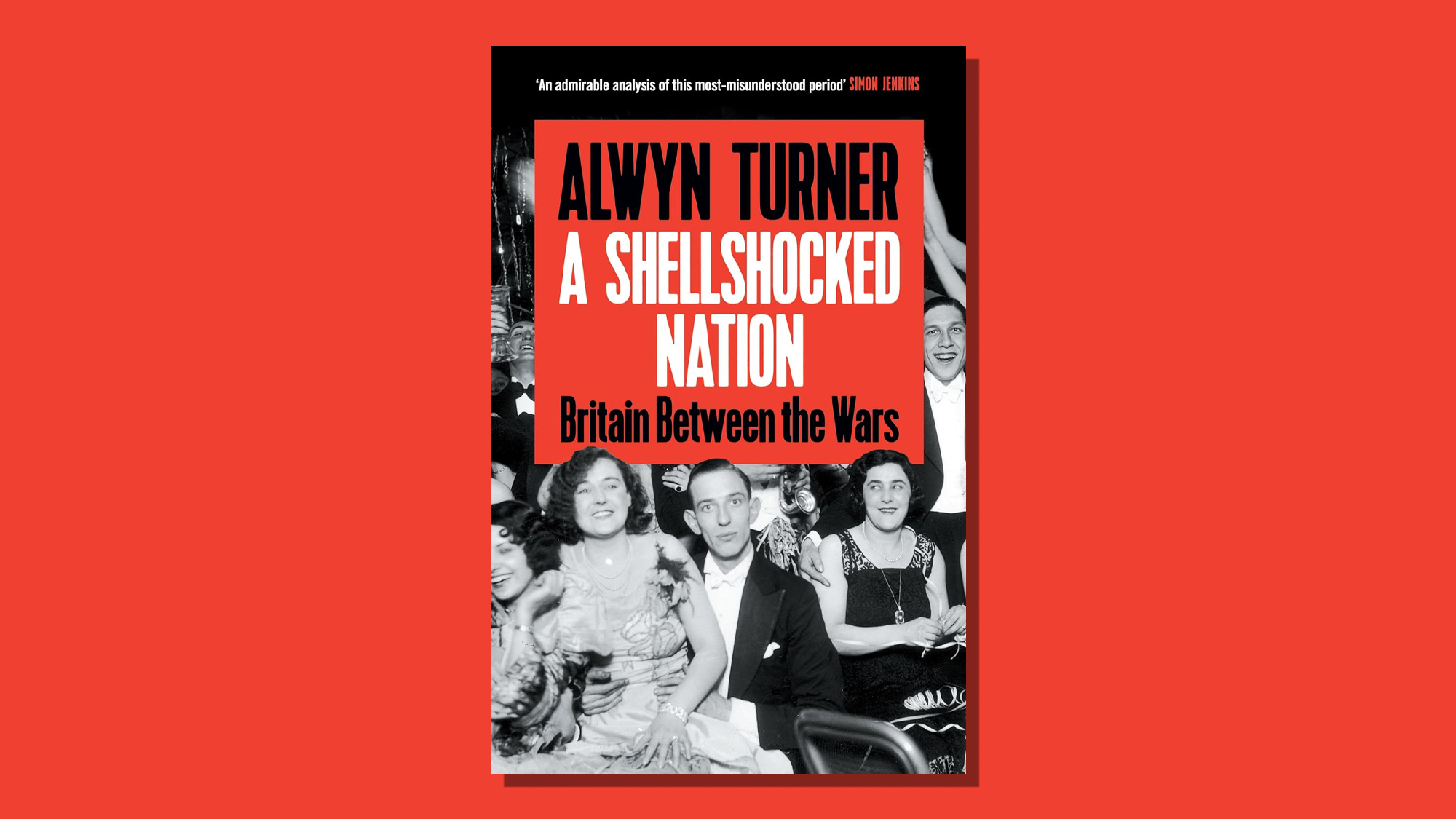 A Shellshocked Nation: Britain Between the Wars – history at its most ‘human’
A Shellshocked Nation: Britain Between the Wars – history at its most ‘human’The Week Recommends Alwyn Turner’s ‘witty and wide-ranging’ account of the interwar years
-
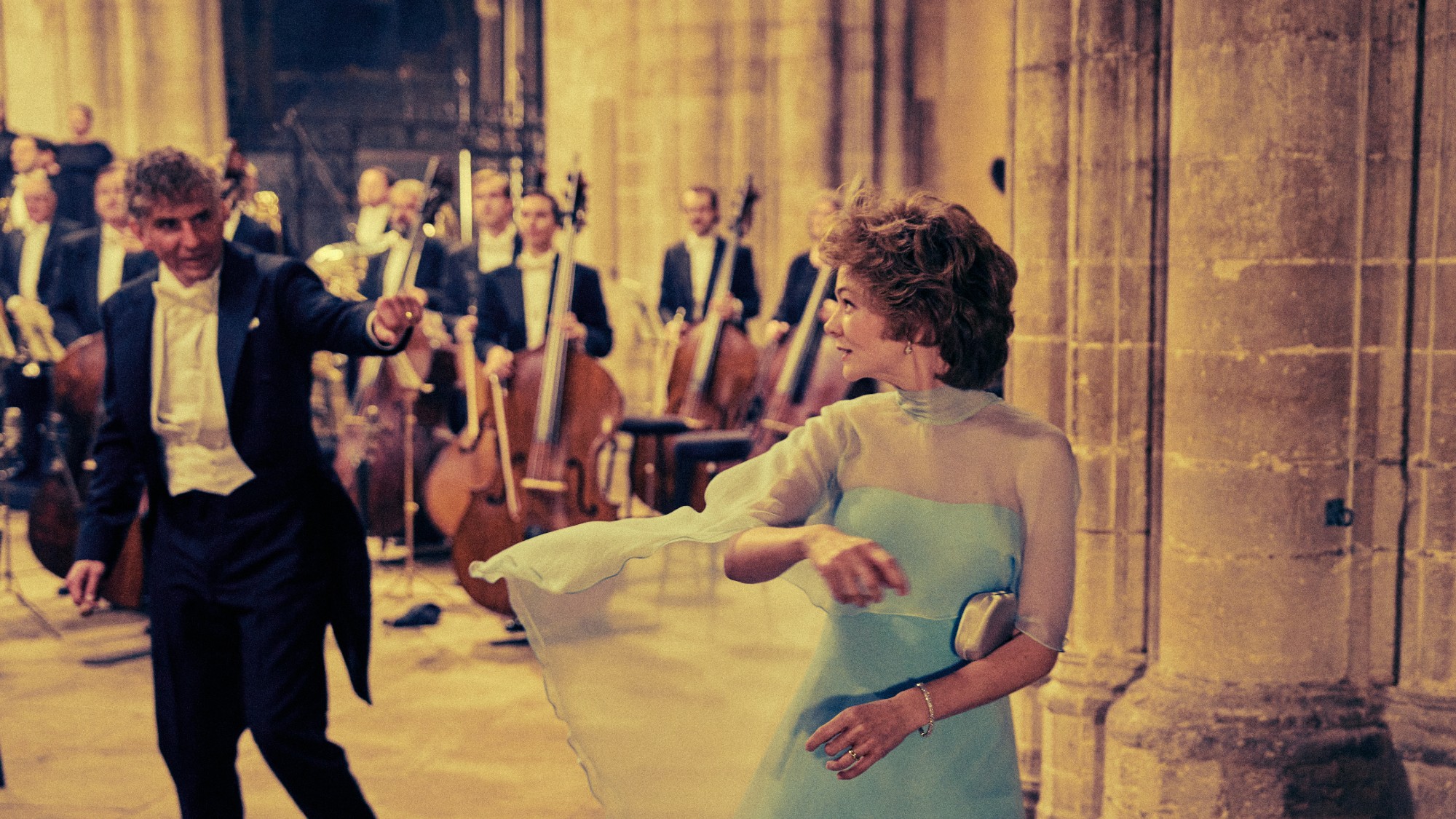 The 8 best biopic movies of the 21st century (so far)
The 8 best biopic movies of the 21st century (so far)the week recommends Not all true stories are feel good tales, but the best biopics offer insight into broader social and political trends
-
 Friendship: 'bromance' comedy starring Paul Rudd and Tim Robinson
Friendship: 'bromance' comedy starring Paul Rudd and Tim RobinsonThe Week Recommends 'Lampooning and embracing' middle-aged male loneliness, this film is 'enjoyable and funny'
-
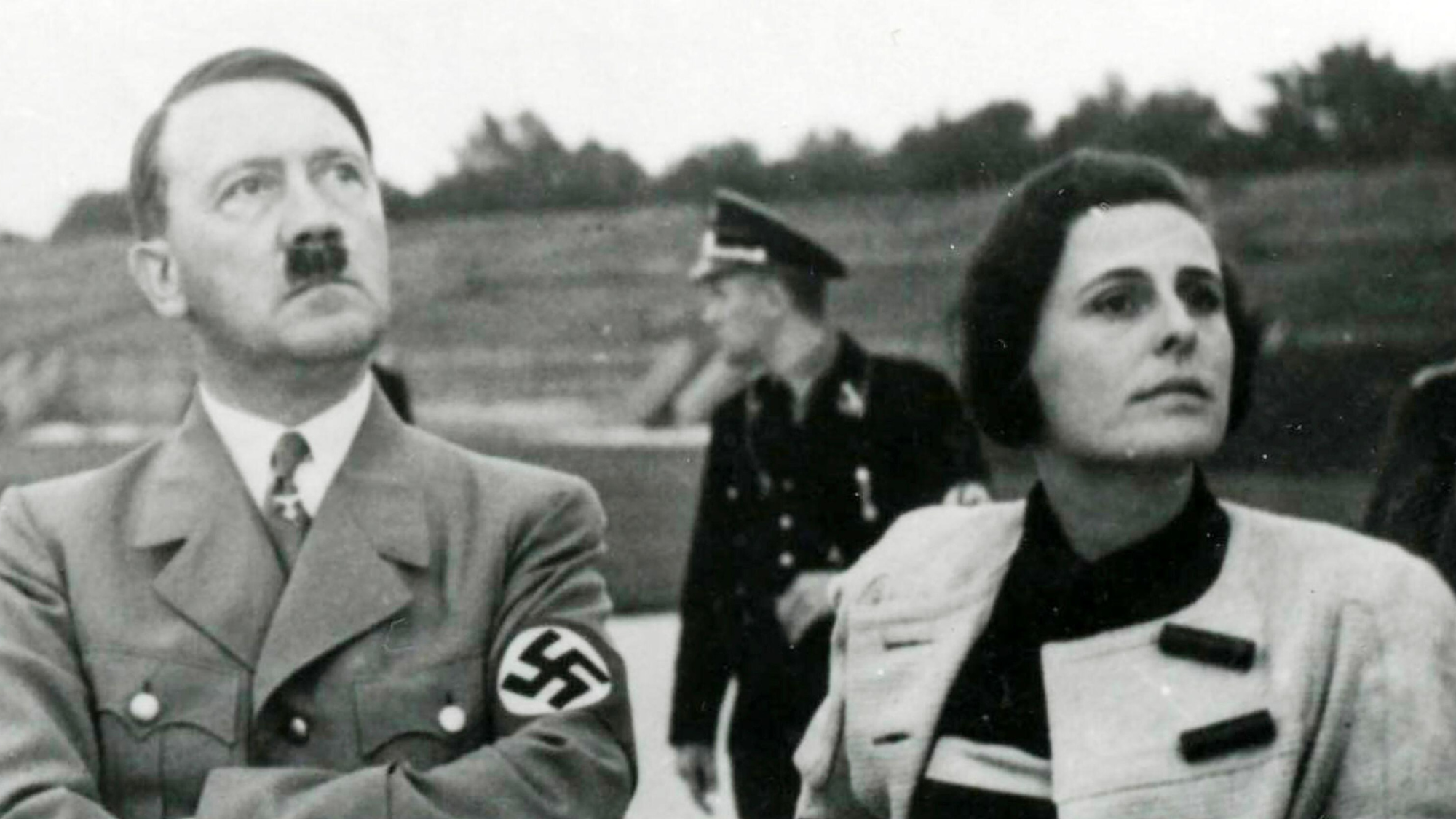 Riefenstahl: a 'gripping and incrementally nauseating' documentary
Riefenstahl: a 'gripping and incrementally nauseating' documentaryThe Week Recommends Andres Veiel's nuanced film examines whether the controversial film director was complicit in Nazi war crimes
-
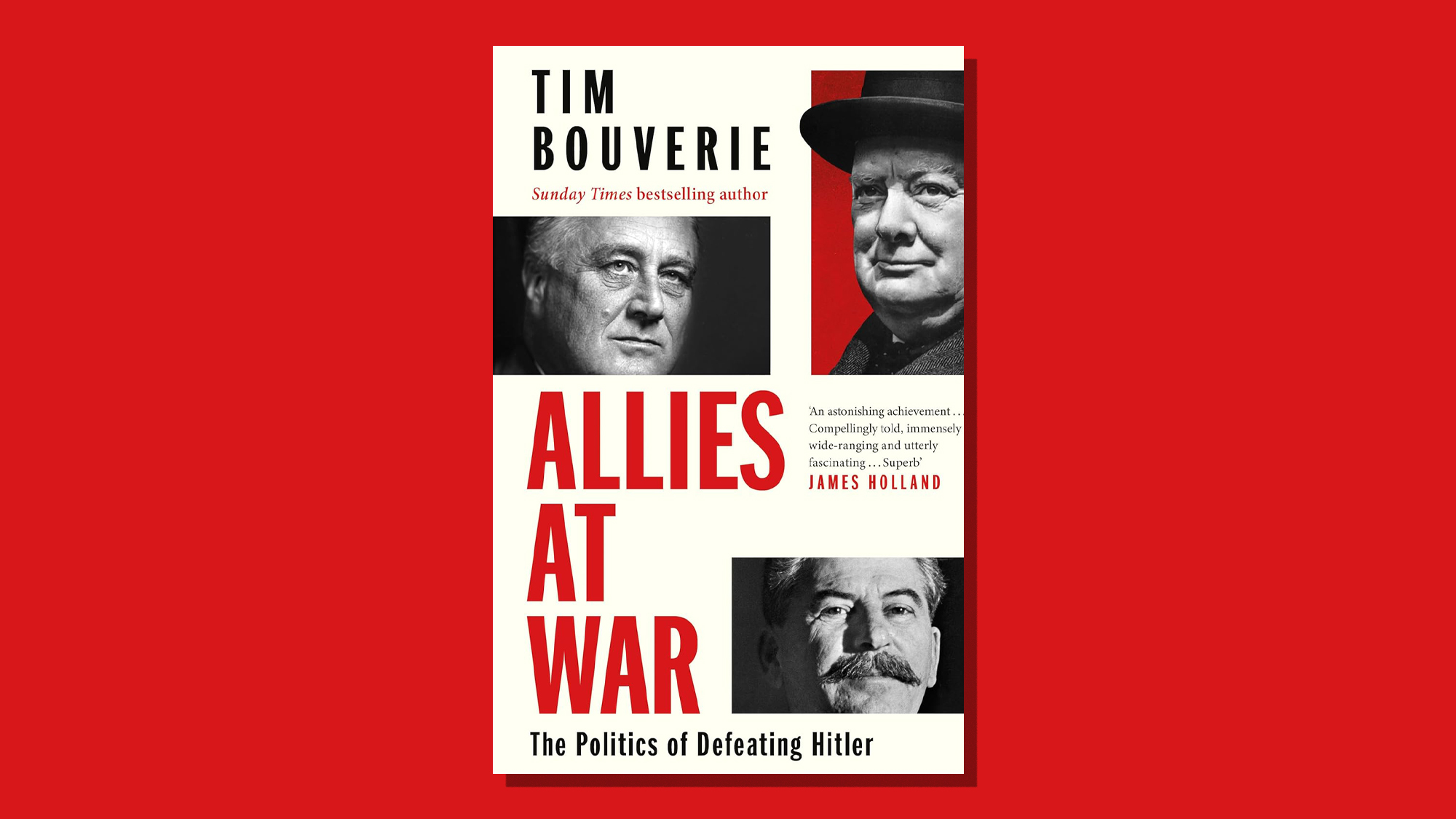 Allies at War: a 'revelatory' account of the Second World War
Allies at War: a 'revelatory' account of the Second World WarThe Week Recommends Tim Bouverie's 'old-fashioned diplomatic history' explores the often fraught relationship between world powers
-
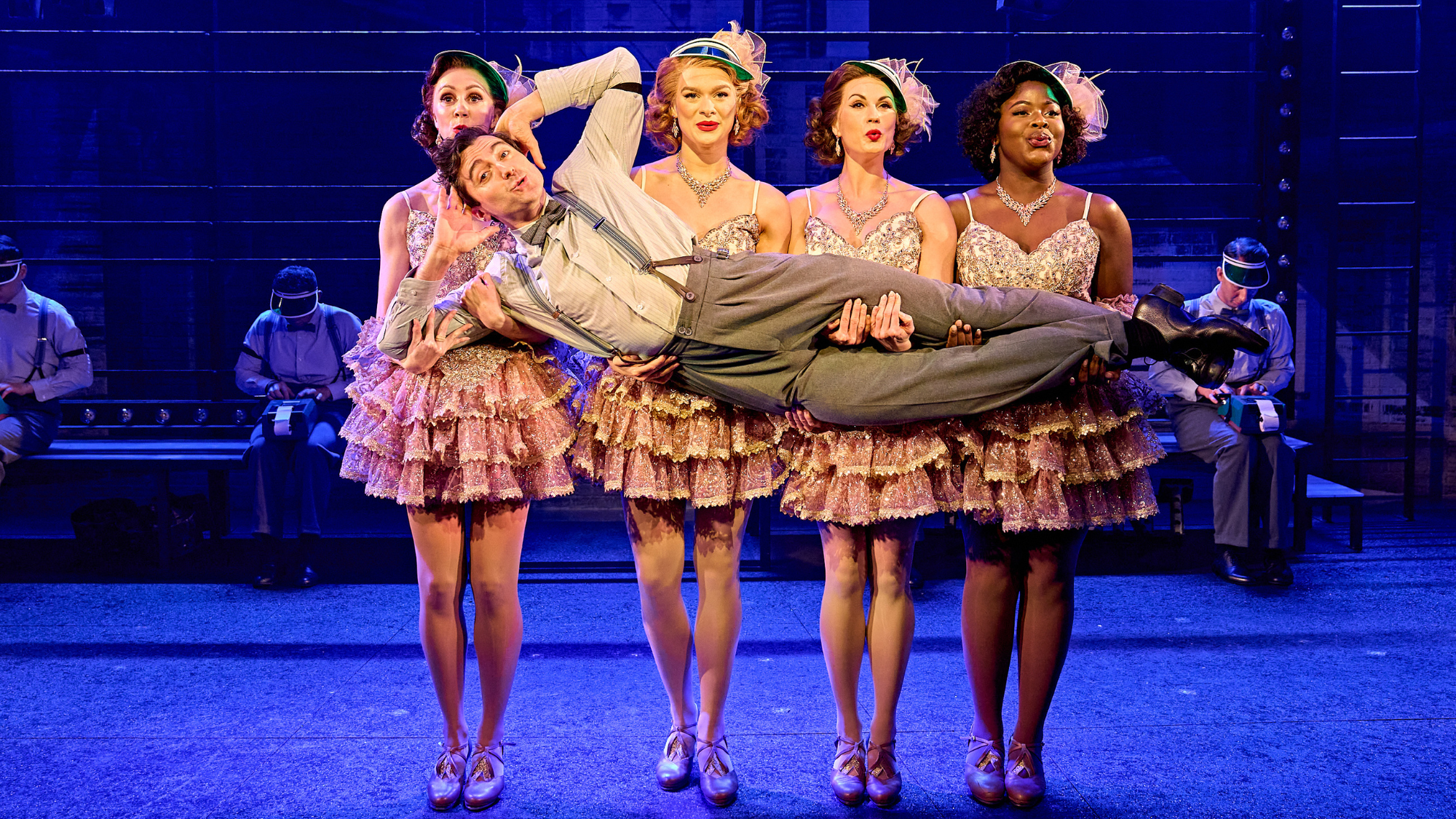 The Producers: 'daringly' funny revival of Mel Brooks' classic musical
The Producers: 'daringly' funny revival of Mel Brooks' classic musicalThe Week Recommends Trevor Ashley is a 'wonder' as a 'Judy Garland-infused Hitler'
-
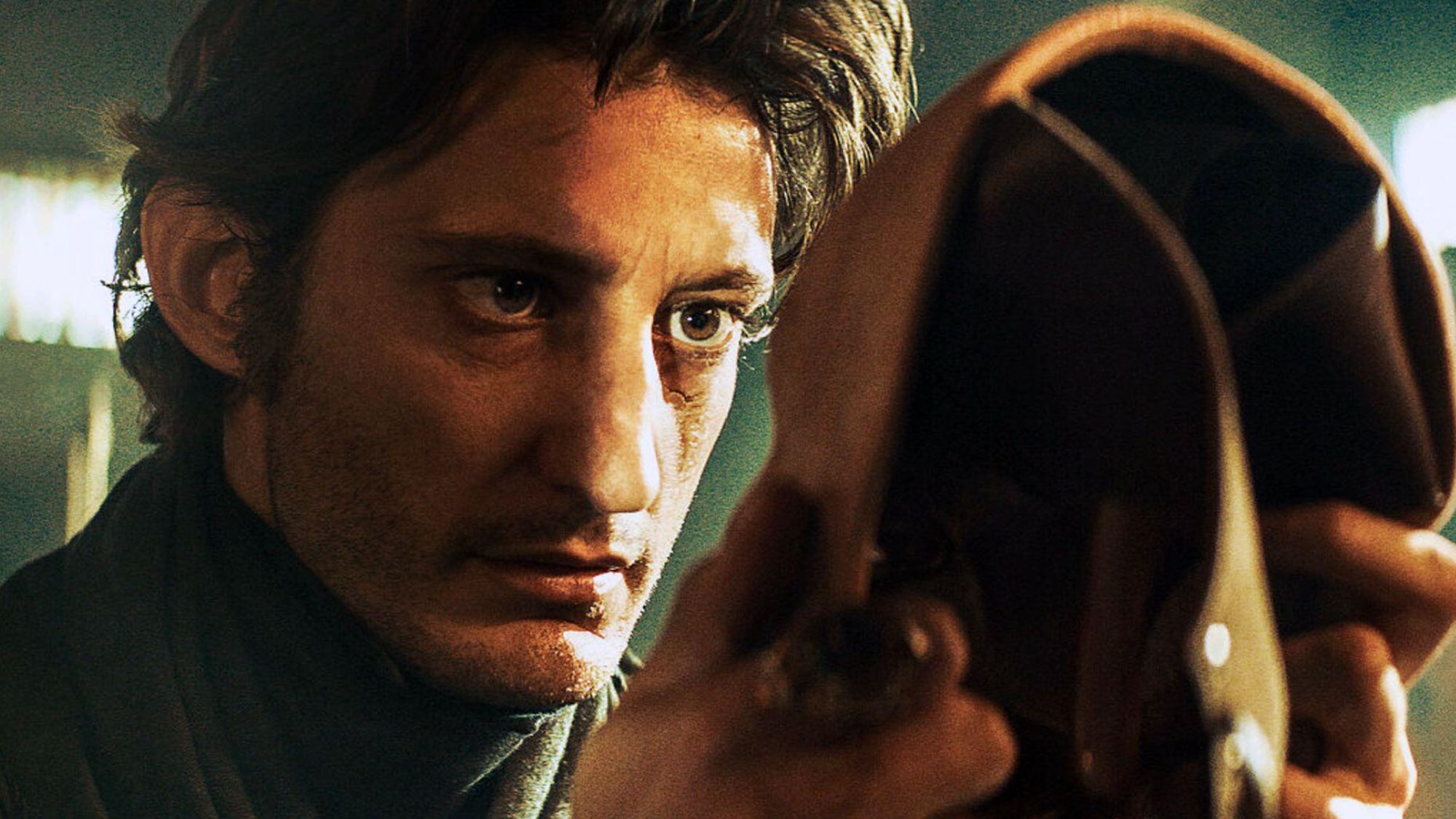 The Count of Monte Cristo review: 'indecently spectacular' adaptation
The Count of Monte Cristo review: 'indecently spectacular' adaptationThe Week Recommends Dumas's classic 19th-century novel is once again given new life in this 'fast-moving' film
-
 Death of England: Closing Time review – 'bold, brash reflection on racism'
Death of England: Closing Time review – 'bold, brash reflection on racism'The Week Recommends The final part of this trilogy deftly explores rising political tensions across the country